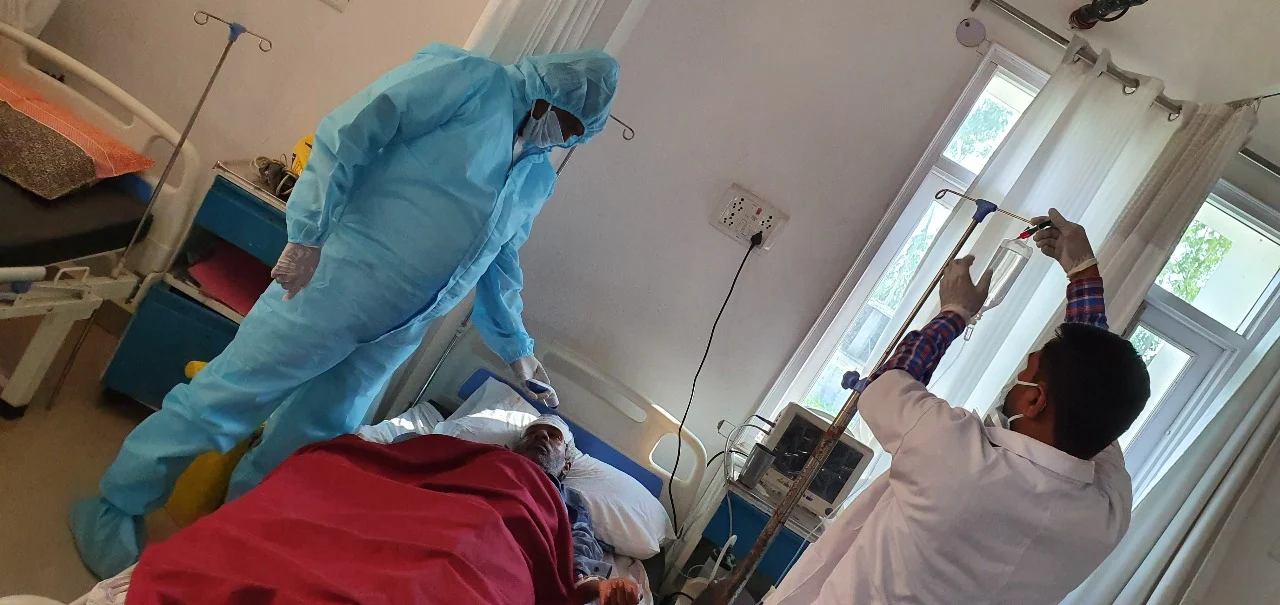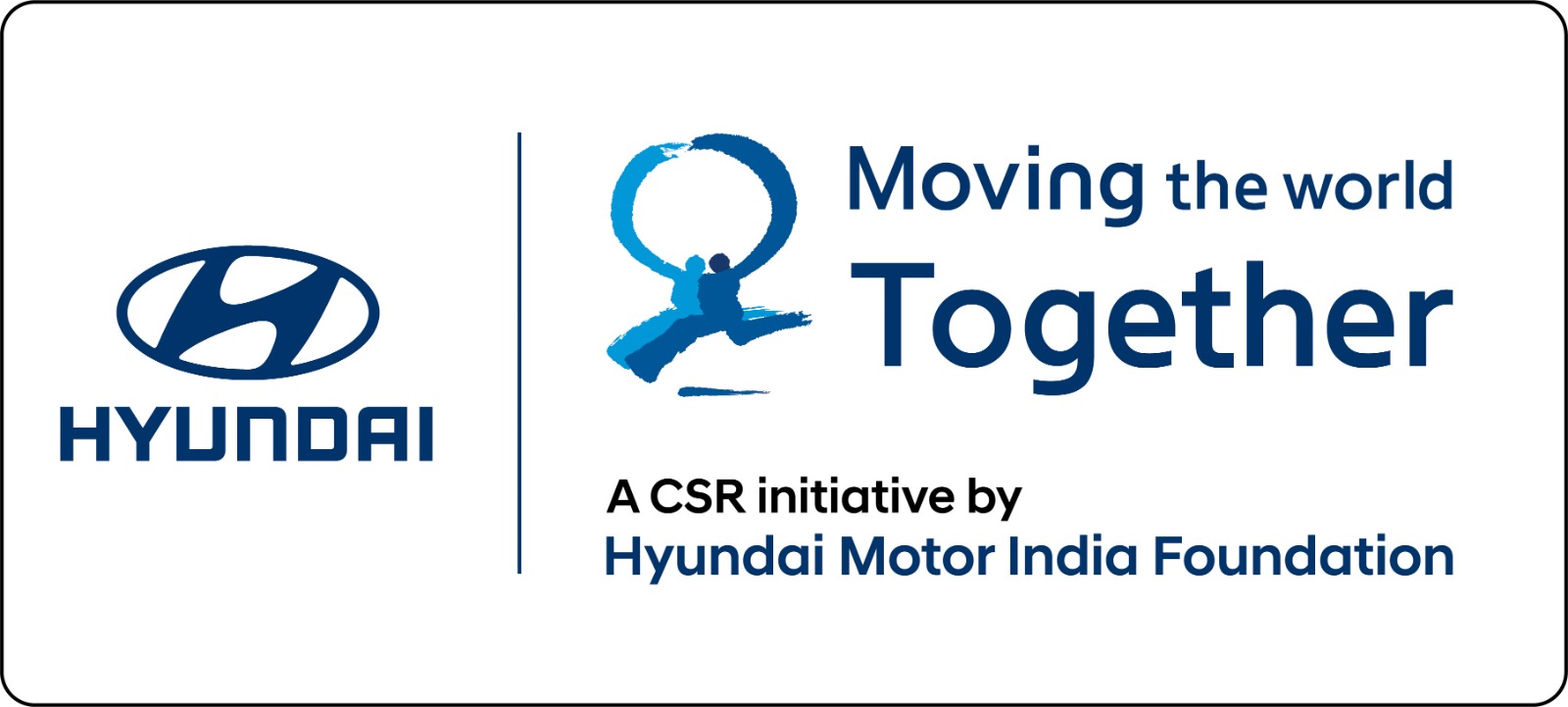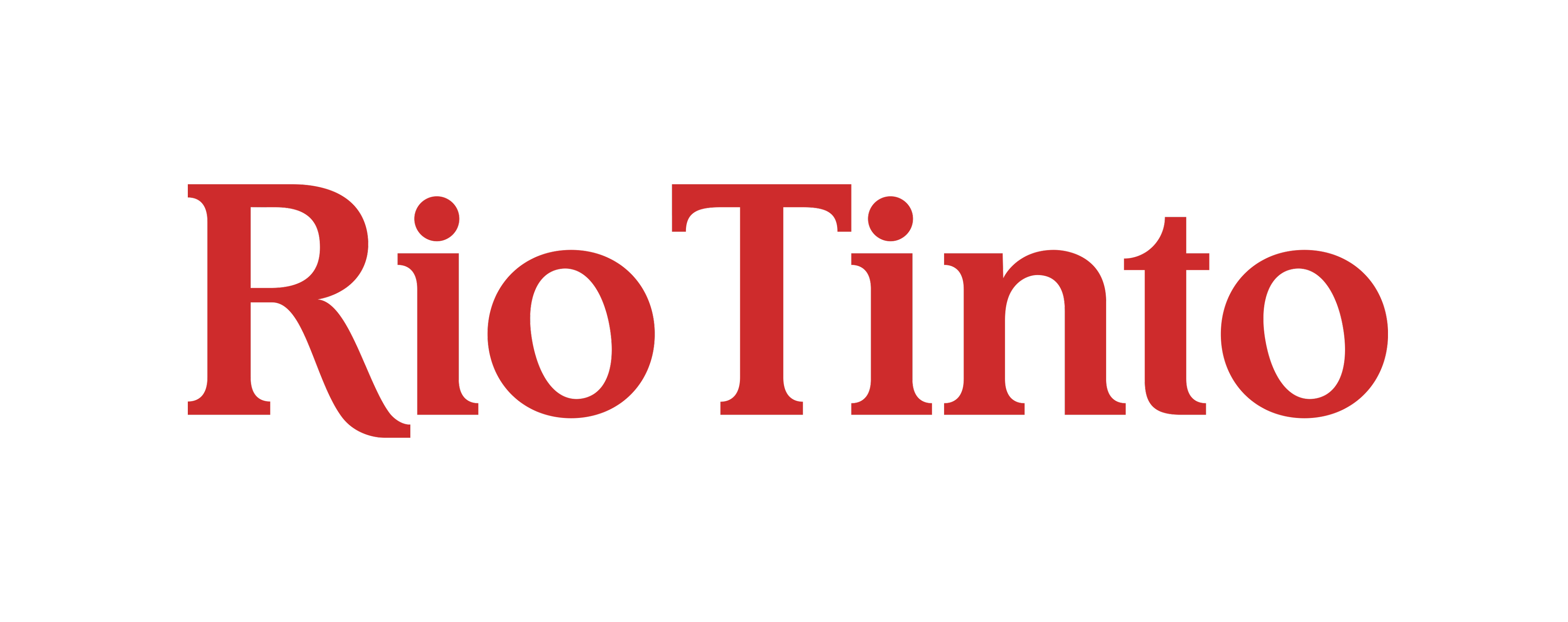As the COVID-19 pandemic tightens its grip around the nation?and case count reaching a new high every?day,?it’s?becoming gradually?arduous?to contain the pandemic. OneStage has been in the forefront to help vulnerable communities ‘Build Back Better’ and bring on board the?organization’s?extensive experience in supporting disaster relief & rehabilitation operations and further linking them to sustainability by promoting resilience.??
I got the opportunity to be a part of the team that planned the outreach campaign that so far has been able to raise over Rs 15 crore and has reached out to over a million people with life-saving interventions. Today OneStage is reaching out to over 13 lakhs vulnerable population in the under resourced locations of 68 districts in 19 States and 2 Union Territories to contain the pandemic. The organization has covered every strata of the population like construction workers, daily wage earners, migrant labours, frontline health workers, police personnel, homeless population, elderly, refugee communities, transgender communities, mother and children. There has been significant work done in providing Protective Gears to Municipal Corporations, Health Departments and also contributed to the CM Relief fund in 6 States.

How we did it
Launch of our campaign:?OneStage’s COVID-19 response campaign was launched?on March 21, as the country went into a 21-day lockdown. However, we had started preparing for the campaign much in advance. Our appeals were?ready?to?be rolled out on our websites and social media platforms. And soon after the launch of the campaign, our teams started working?reaching out to donors and implementing NGOs.???
Situational Analysis Reports
Real time data tracking and analytics on COVID situation, regular scanning of government guidelines and SoPs released in the MoHFW website have helped us keep abreast of the current developments, orchestrating the right strategies and selecting the communities who need us most during this pandemic. To access the Situational Assessment report and get latest update about COVID, please click on the link
below: https://www.cafindia.org/campaigns/covid-19/situation-report.
Nature of Support
The situation report (SITREP)?along with advice from our?corporate and NGO?partners was instrumental in?mapping out our life saving interventions.?Support has been in the form of relief and rehabilitation measures designed for short term and medium to long term by providing protective gears, supply of dry rations, supply of nutritious food, awareness generations and livelihood measures. Implementation of these?programmes?typically happen through the?organization’s?network of credible NGO partners positioned in key locations across India.?
Creation of Resource material
To support the NGOs and the community at large, OneStage has developed various awareness generation resources to help mitigate the crisis. Some of them are 1) video on Demystifying COVID-19 in seven Indian languages; 2) Importance of Hand Washing; 3) Precautions for Community Workers during COVID-19 and many other awareness generation messages. To access these resources, click on the
link: https://cafindia.org/campaigns/covid-19/resource.
Challenges ahead
The outbreak of COVID pandemic has left the entire world grappling with the worst crisis ever, a situation unprecedented and has wreaked much havoc in the well-being of human lives, impacting livelihoods for millions. As per the International Monetary Fund (IMF) the global economy has entered a recession that could be as bad as or worse than the 2009 downturn.
India now ranks 2nd globally in terms of total case count and the economy is going through a turmoil with the largest GDP contraction ever at -24% after the end of April-June 2020. The rapid spread of the pandemic and the continuous lockdown in India for five phases has led to sharp rise in unemployment. Estimated 14 crore (140 million) people lost employment while salaries were cut for many others. At the same time there has been stress on supply chains, decline in government income from various revenue sources and shrinking business opportunities for the service sector especially tourism and hospitality industries. The pandemic has had detrimental effects on livelihoods of workers in the unorganised sector. The lockdown situation led to mass exodus of migrant workers from cities to their native villages as there were uncertainties in terms of their employment.
The situation has?affected the?urban poor the hardest, while the rural poor, though hit hard, are relatively?better off with still some savings and welfare support to fall back on.?A close review of the?National Sample Survey Office (NSSO) data on housing and sanitation (76th round, 2018) reveals?that almost one-third of the rural population and half of the urban population in India live in houses where the per capita space available is less than a single room, which effectively means that isolating a person with the risk of infection is extremely difficult.??The situation?continues to?pose?a?threat?to maintain social distancing, regular hand washing and self-quarantining?- all of which are essential protective measures to stop the contagion.?The dwindling economy also indicates to a fund crunch for non-profits, most of whom have been working?selflessly during the pandemic??
The way forward
The nation has started to unlock in a phased manner in areas that are not containment zones. However, infections have sprung up with more than 80,000 cases a day. We now have the dual task of not only containing the pandemic, but also of reviving the economy. Other natural calamities like the Amphan cyclone and locust attacks have just added to the burden.
While the challenges are umpteen there are several opportunities which lies ahead. The way forward will have to include long term interventions that will revive village economies, build capacities of people with appropriate skills and most importantly improve our primary healthcare delivery system. We have to keep in mind that the interventions we design now should be able to offer hyper local solutions for local needs. It is also time for us to leverage technologies and invest more on digital infrastructure. The new India need to be more self-reliant and self-sufficient. It is a daunting task, but with the help of our donors and NGO partners, we will be able to deliver our best, as always.
Search
Categories
Recent Posts
- A brief visit to a project site in Gurugram
- How was OneStage born?
- ‘The plight of people moved me, and the heroic efforts of frontline workers inspired me to support COVID Relief work’
- 7 ways to take care of your Mental Health during the pandemic
- 5 things you must keep in mind before forwarding information on COVID












.png)

.png)

